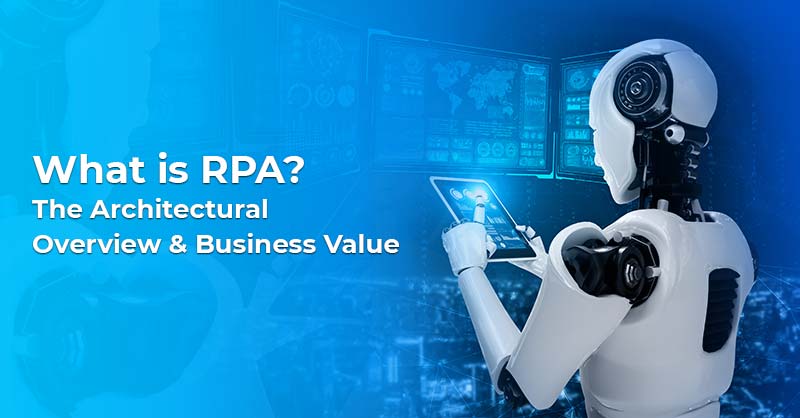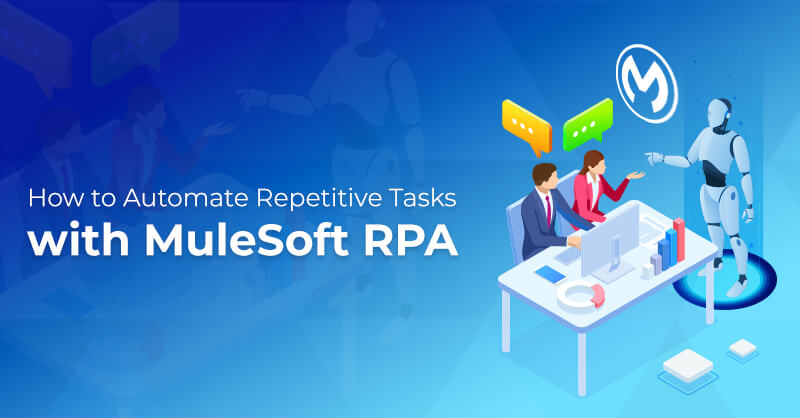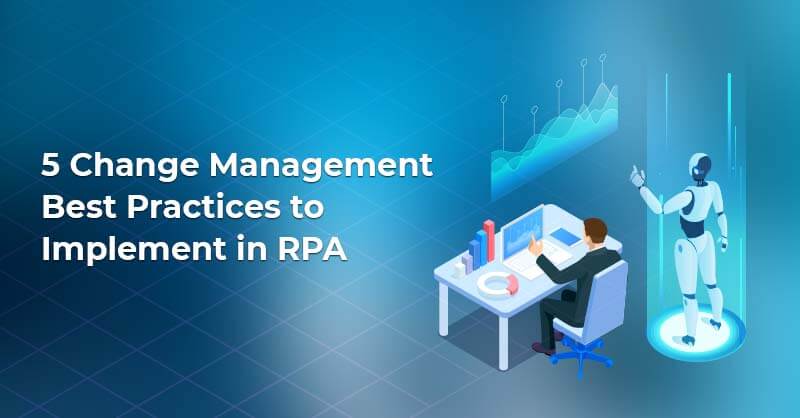Upgrade Your Business Operations with Intelligent Process Automation (IPA)
Written by Priya George
Content WriterIntelligent Process Automation, aka IPA, was an inevitable technology outcome. With a market share value estimate of over $27k million by 2030, this technology is quickly set to become part of business processes in the future. But what is Intelligent Process Automation? Intelligent process automation can be best understood as robotic process automation that is augmented by artificial intelligence and machine learning technology to optimize and automate tasks and workflows.
One major limitation of RPA is that it relies on rule-based tasks, but with artificial intelligence, more complex tasks can be carried out, such as working with semi, and non-structured data types. Furthermore, with the rise in digital workplaces, it can improve employee efficiency & productivity while also bringing down operational costs. According to a McKinsey study, intelligent process automation ensures:
Is your enterprise still a beginner when it comes to robotic process automation? Then, download our infographic to learn how your company can thrive with RPA.
Intelligent Process Automation: A Detailed Look
The key driver behind intelligent process automation is the need to find tools to improve business by eliminating repetitive mundane tasks for employees. IPA comprises three major technologies:

Robotic Process Automation
Software automation tool that involves bots carrying out routine, rule-based tasks such as performing calculations and conducting basic document analysis.
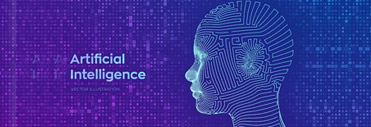
Artificial Intelligence
This enables computers to analyze and apply logic to the given data to make decisions. With the help of natural language processing (NLP) and other cognitive technologies, complex responsive workflows can be created, for instance, a customer chatbot.

Machine Learning
By creating supervised or unsupervised algorithms, companies can create models that analyze structured data and, based on consistent training, can offer capabilities such as forecasting.
Other technologies like computer vision are also integral to creating a robust intelligent process automation solution. When it comes to applications and use cases, intelligent process automation can be applied across multiple departments: from precise credit models for finance to optimizing shipping routes to reduce supply chain bottlenecks. And the scope for development has just begun. Companies are increasingly moving towards a form of automation described by Gartner as “hyperautomation,” wherein automation tools are built to orchestrate end-to-end automation capabilities for increasingly complex tasks with the help of AI and machine learning technology. Intelligent process automation can reduce redundancies and training costs by creating adaptive workflows. Furthermore, reports will be more accessible and transparent, allowing management to make decisions faster. Download our whitepaper on Smart Process Automation to learn more about how to enable automation to enable digital, intelligent business processes
Current Intelligent Process Automation Tools: UiPath vs. Automation Anywhere
There are several intelligent automation solution providers; in this blog, we will focus on two RPA titans: UiPath and Automation Anywhere. While both are committed to creating intelligent process automation tools for complicated business processes, there are variations in their emphasis. By providing you with an overview of their tools, you are better equipped to understand which is the technology partner that suits your organization’s needs.
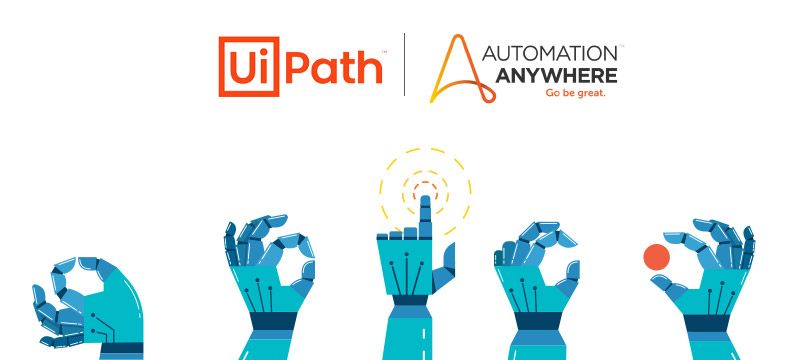
With UiPath, three areas have focused their intelligent process automation solutions around: unattended robotics, computer vision, and cognitive enhancements. With unattended robotics, companies can access robotic managers who can orchestrate and deploy workflows, thus reducing overall costs and consistently meeting SLAs. Integrating AI within their RPA machine vision tool, UiPath ensures 2-4x times faster implementation. UiPath bots are also equipped to handle unstructured data and sentiment analysis extraction, thus extending automation capabilities to knowledge-based processes. There are three products within UiPath’s intelligent process automation suite

UiPath Studio
Design and build bots with ease with ready-to-build templates
UiPath Orchestrator
Monitor, deploy, and provision bots across the enterprise. Keep TCO down, maintain compliance, and orchestrate from mobile devices.
UiPath Robot
Choose from various robots: attended, unattended, test, and plug & play SaaS robots to carry out daily tasks.
Automation Anywhere’s (AA) Intelligent Automation also aims to expand business process automation with RPA, AI, and machine learning. By designing a simple compatible AI platform that leverages computer vision, natural language processing (NLP), and fuzzy logic, businesses can create automated workflows that focus on their needs with non-expert friendly UI/UX. Intelligent Automation by Automation Anywhere has several essential products
- IQ Bot: Can process unstructured data to classify and extract essential details from documents, automating nearly 80% of business processes.
- Bot Insight: No longer must focus on deciphering RPA data. With a visual dashboard, you can access easy insights and recommended actions.
- Discovery Bot: Accelerate process automation by recording complete user activity and identifying areas where automation has the highest impact.
- RPA Workspace: Like Uipath Studio, this tool helps business users, citizen developers, and expert programmers to create bots and end-to-end automation systems.
The tools and services these industry leaders offer are only half the story. To effectively build an intelligent process automation workflow tailored to meet your needs, you must collaborate with RPA experts who understand these technologies intuitively. This is where Royal Cyber RPA experts can help.
How Can Royal Cyber Help?
Implementing intelligent process automation within business processes is easier said than done. This is where Royal Cybers’ RPA experts come in. Our 65+ experts can collaborate with your enterprise to build RPA tools integrated with cutting-edge AI/ML technology to help increase ROI and empower your digital workforce, all while reducing costs and enhancing customer experience. With our partnerships with RPA leaders like UiPath and Automation Anywhere, you can rest assured that only the latest innovation is part of your enterprise. Get in touch with our experts for a free assessment to learn where RPA can be incorporated within your business structure.
We offer end-to-end intelligent automation solutions across several industries, including:
Want to learn more about how Royal Cyber can help you usher in digital transformation? Visit our website at www.royalcyber.com or contact us at [email protected].

